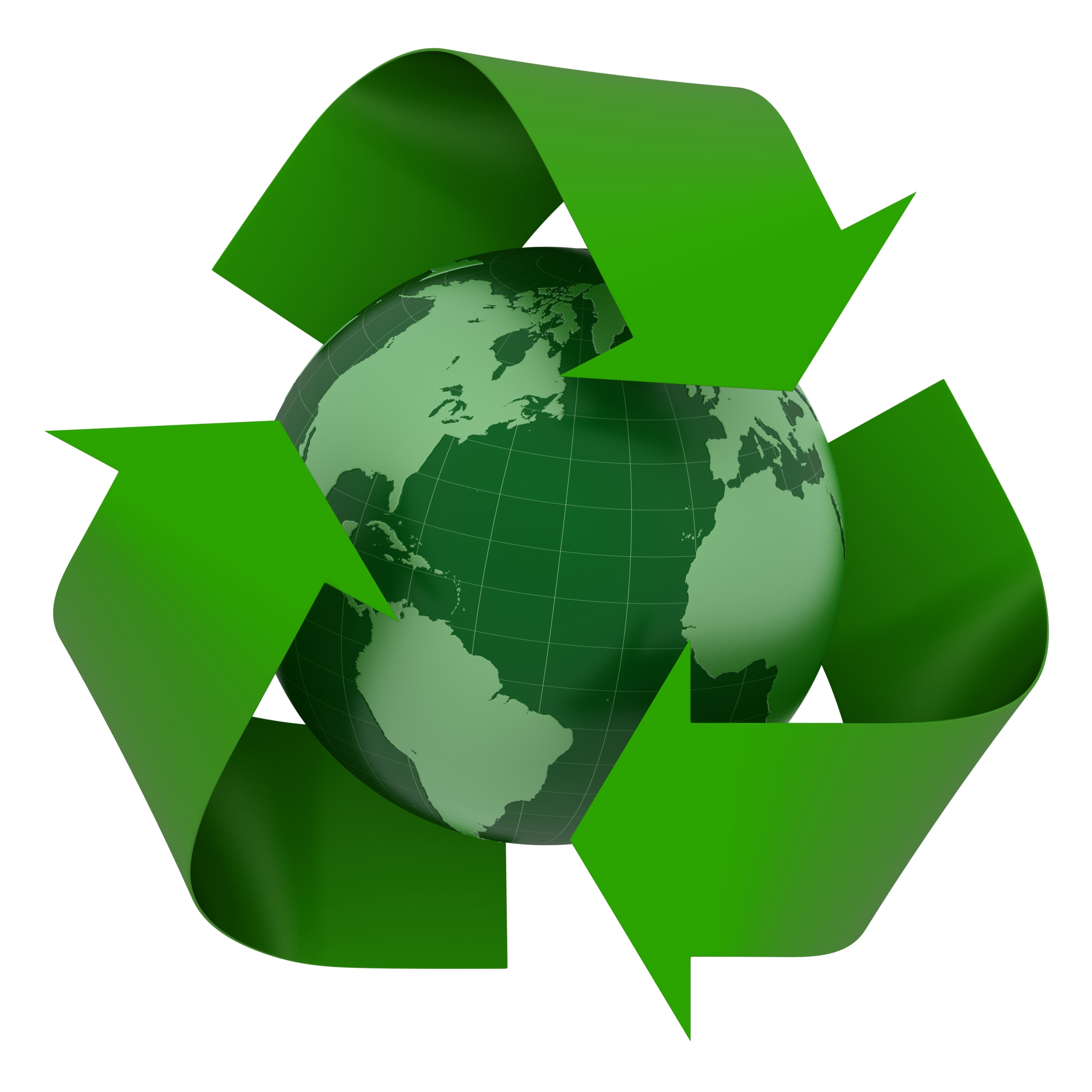
Recycling
Cleaning agents are applied in numerous industries to remove grime, dirt, oil, grease, or other contaminants from a surface. Industrial degreasing agents are specially formulated to eliminate contaminants such as grease or oil from parts, machinery, and work areas within a structure. Less hazardous products containing alkaline chemicals in combination with surfactants have been developed to decrease environmental impact. Parts washer solvents are designed to dissolve and remove grease, dirt, or grime from surfaces without causing harm or leaving residue. They are applied in manufacturing or automotive industries to clean surfaces or parts during regular operations. A growing concern regarding environmental and health hazards of industrial degreasing agents has led to the formation of safer cleaning alternatives capable of providing equivalent removal results.
Industrial Degreasing Agents – Why Should Companies Choose Environmentally Safe Products?
The solvents applied during production or refinishing processes have a direct effect on the health of workers and the environment. Organic solvents are frequently carbon based and can be natural or synthetic in nature. Natural forms originate from plants or animals through resource extraction while synthetic forms are generated through the reactions generated by the introduction of additional compounds. A volatile organic compound or VOC is a chemical capable of vaporizing at room temperatures. Traditional agents have a high VOC count thus making them harmful to use and less eco-friendly. Increased volatility results in these products having a lower boiling point, which causes more molecules to enter the surrounding atmosphere during use. Companies must take extra precautions to prevent worker harm and meet the stringent requirements set by the Environmental Protection Agency (EPA) for products of this nature.
Exposure to the VOC’s released by these cleaning agents must be controlled to prevent respiratory, allergy, and immune system complications. Hazardous Air Pollutants or HAP’s are another concern with traditional industrial degreasing agents. These are any airborne substance capable of causing irreversible harm to individuals or the atmosphere and contribute to health complications such as:
- Nervous System Toxicity
- Reproductive Damage
- Liver or Kidney Damage
- Respiratory Issues
- Cancer
- Loss of Consciousness
Prolonged exposure to extensive amounts of VOC’s and HAP’s among workers has been proven to result in several adverse effects. Industrial degreasing agents used in automotive or manufacturing industries also pose direct harm to the environment. Leaks or spills of these solvents result in soil or water contamination, which poses significant harm to surrounding animal and plant life. Soil contamination is most common in areas where high VOC industrial degreasing agents are used regularly. Eco-friendly alternatives prevent atmospheric harm while supplying equivalent cleaning abilities for ensuring continued operational success. Water-based or less harmful naturally derived organic solutions allow companies to reduce associated hazards without losing the benefits of highly volatile parts washer solvents. If your company uses industrial degreasing agents regularly, it is time to evaluate the dangers of this choice. A less volatile alternative capable of providing the same results can be substituted to create a safer, eco-friendly workplace.
Industrial degreasing agents are necessary in a number of industries and play a pivotal safety role in machine parts cleaning processes. For more information about environmentally friendly, low VOC products, please call (800) 886-8240 or email info@ecolink.com














